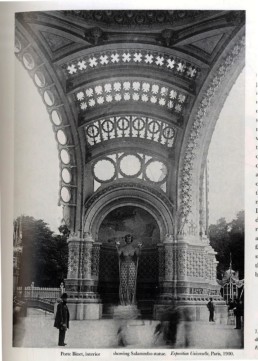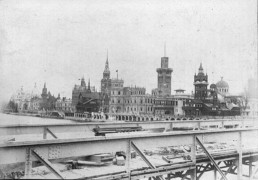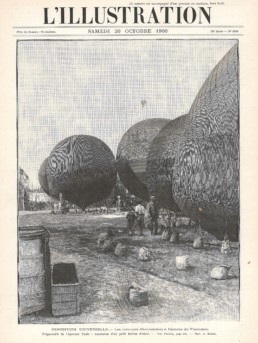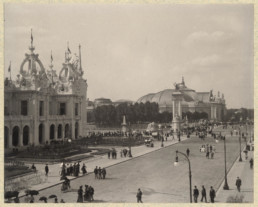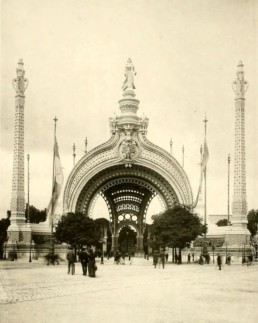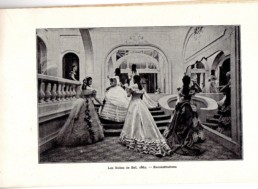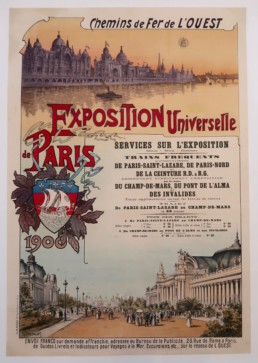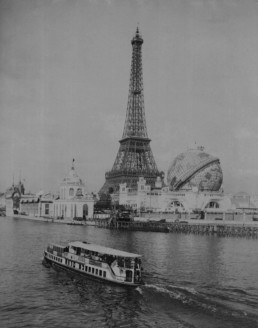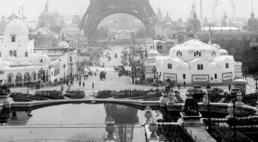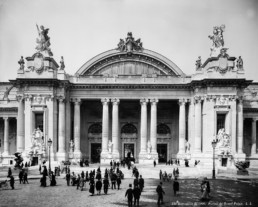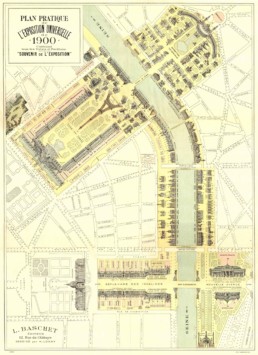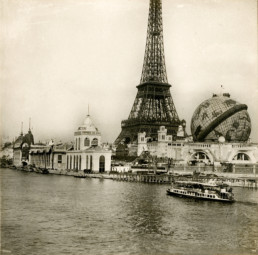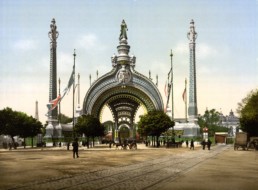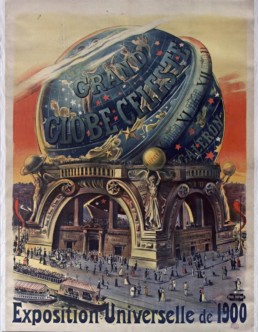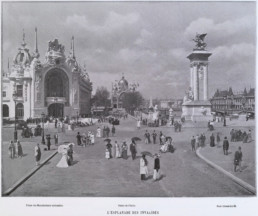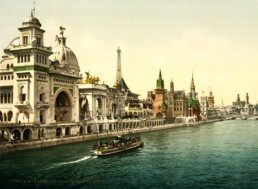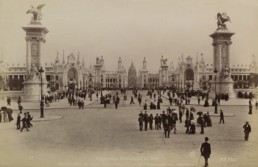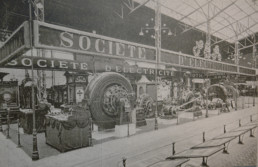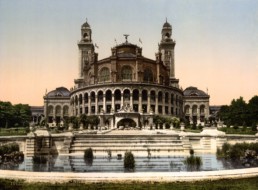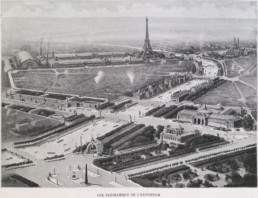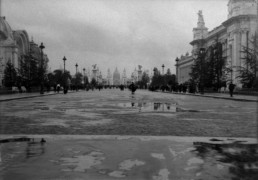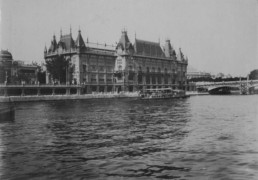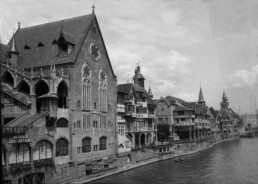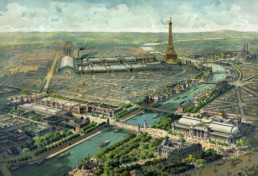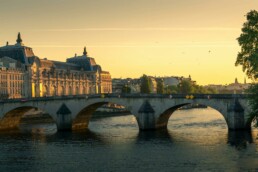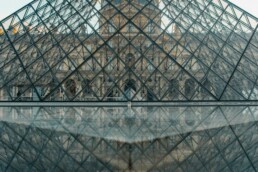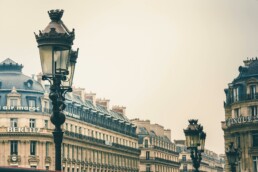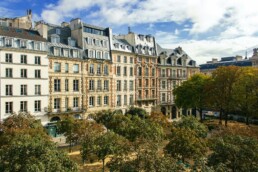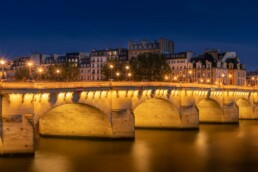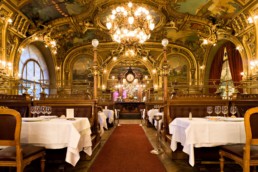The Exposition Universelle of 1900, held in Paris, remains etched in the annals as a moment of splendor and innovation, where the entire world seemed to gather in the City of Light. This grand event, celebrating the turn of the new century, was a true symbol of modernity and human ambition.
The idea for this exposition was born in an era of technological and artistic fervor, marked by an unshakeable belief in progress. It was a time when people believed that the 20th century would bring solutions to all of humanity’s problems. Paris, with its elegance and capacity to enchant, was the ideal host for this global event.
I recall my readings about the Exposition Universelle, those accounts that evoked the grandeur of the pavilions and the diversity of the cultures represented. The Tuileries Gardens, the Champ de Mars, and the banks of the Seine were transformed into a true theater of wonders, where every corner held a surprise. The Petit Palais and the Grand Palais, designed specifically for the occasion, added to the magnificence of the spectacle.
Anecdotes about the 1900 Exposition Universelle abound and contribute to the richness of its history. It is said that during the inauguration, an American engineer, who came to present a revolutionary machine, gave a public demonstration that left the audience in awe. But the engine, too advanced for its time, broke down after a few minutes, causing the spectators to laugh. The engineer, undeterred, used the opportunity to give an impromptu speech about the challenges of innovation, earning enthusiastic applause.
The Ferris wheel, erected for the occasion, was another highlight of the exposition. Standing 100 meters tall, it offered a breathtaking view of Paris and attracted thousands of visitors every day. One day, a newlywed couple, enjoying the attraction, found themselves stuck at the top due to a mechanical failure. Far from panicking, they admired the sunset over the city, turning the mishap into an unforgettable memory.
The Exposition Universelle was also the stage for many world firsts. One of the most memorable was the inauguration of the first Parisian metro line, connecting Porte de Vincennes to Porte Maillot. Parisians, fascinated by this new form of transport, flocked in droves to test the underground mode of travel. The enthusiastic crowd couldn’t help but applaud at every station arrival, highlighting the impact of this innovation on their daily lives.
The Pavillon des Lumières, for its part, was a true enchantment. Fully illuminated by electricity, it showcased inventions as incredible as the first drafts of cinema, drawing the attention of visionaries like Thomas Edison and Louis Lumière. Every evening, short film screenings amazed spectators, offering a glimpse of what would one day become the seventh art.
Thus, the Exposition Universelle of 1900 was not merely a temporary event. It marked a turning point in the history of Paris and humanity. Each pavilion, each invention, each encounter among visitors from all horizons contributed to creating an atmosphere of hope and enthusiasm. Reading the accounts of that time, one better understands the profound impact it had on the collective imagination.
Leaving these memory-laden places, heart filled with wonderful stories, one carries away a fragment of that grandeur, a part of that timeless light. The Exposition Universelle of 1900, with its majesty and innovation, reminds us that Paris is a city where the past and future come together to offer its inhabitants and visitors moments of grace and contemplation.
Lire également :
5 November 2024
The Gare d'Orsay: A Journey Through Time and Art
5 November 2024
The Louvre Pyramid: Symbol of Architectural Boldness
5 November 2024
The Pantheon: A Republican Sanctuary in the Heart of Paris
5 November 2024
Baron Haussmann: Architect of Parisian Metamorphosis
5 November 2024
The History of Place Dauphine: A Parisian Evocation
5 November 2024




